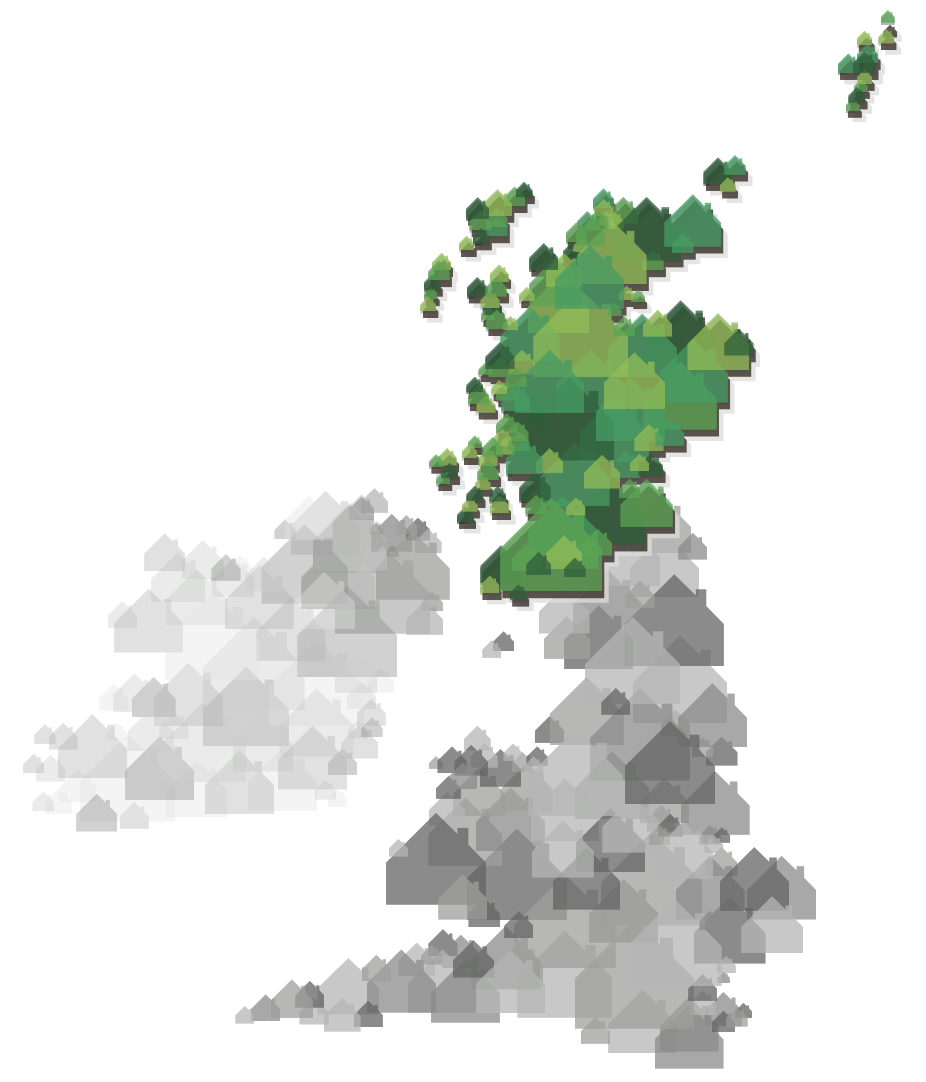On 28th February, the ASSC sent a letter to the City of Edinburgh Council (CEC) highlighting our concerns about the proposed Planning Control Area.
The Proposal adopted by CEC will have a devastating effect on the accommodation industry in Edinburgh – which is clearly much more diverse than simply Airbnb, despite what the Proposal suggests. It is deeply regrettable that CEC has adopted a scheme which is misconceived in its ability to address any of the underlying policy objectives. The consequences of this, intended or otherwise, is restrictive for consumers, and anti-business. And in turn, will have a devastating impact on cleaners, concierge teams, marketing agencies, and the onward supply chain.
Unfortunately the response from CEC is less than satisfactory and shows scant regard for the legitimate self-catering businesses in the Capital.
On 16th March, a letter from David Givan, Chief Planning Officer and Head of Building Standards, outlined the following:
“I understand from your email of 1 March 2022 to me that you have sent copies of your letters to the Scottish Government. Your submissions will therefore form part of their consideration in determining whether further procedure is required and ultimately whether or not to approve the proposed STL Control Area. Given the decision now rests with Scottish Government it would not be appropriate for me to respond in detail to the terms of your letters at this time.”
On 17th March, Burness Paull followed this up with the following:
“Thank you for your email below and letter dated 16 March 2022. We note your explanation, and while we appreciate that there may be further steps before any proposal is implemented, our client seeks reassurances and an explanation of the robustness of the decision made by CEC. As you are aware, any later decision by the Scottish Government stands separately from any decision taken by CEC, and it is the process and decision-making of CEC that our client has particular concerns over to date. A later decision by Scottish Government will not necessarily cure any earlier deficiencies.
Our client therefore looks forward to your substantive response, addressing the concerns raised in our letter dated 28 February, by Monday 21 March.”
ON the afternoon of the 21st March, the reply arrived:
“Thank you for your email. I am unable to provide a further response today due to absence. I will however respond to you as soon as I can.”
The Proposal adopted by CEC will have a devastating effect on the accommodation industry in Edinburgh – which is clearly much more diverse than simply Airbnb, despite what the Proposal suggests. It is deeply regrettable that CEC has adopted a scheme which is misconceived in its ability to address any of the underlying policy objectives. The consequences of this, intended or otherwise, is restrictive for consumers, and anti-business. And in turn, will have a devastating impact on cleaners, concierge teams, marketing agencies, and the onward supply chain.
By voting to include the entire city in this anti-business and restrictive scheme, City of Edinburgh Council has shown that it does not care for the many small businesses who work hard to ensure that the capital continues to have a world-leading tourism offering.
Councillors are well aware that the real problem is a chronic lack of house-building, but it is much more expedient to scapegoat short-term rental professionals than do anything real to combat that.
I don’t need to tell you that Edinburgh’s self-caterers play a key role in ensuring that the city maintains its position as a world-leading destination for tourists and this excessive measure threatens that with extinction.
On 11th April, Burness Paull followed up with the following:
“Can you let me know by return when we might expect a substantive response from CEC on the issues we have raised on behalf of our client? Quite some time has passed since we have sent our original letter and follow up email below and we would have hoped for a response by now.”
We have not had a response to date.
Please don’t forget that local elections are on May 5th. This is, whether Councillors like it or not, an election issue. Don’t be shy in bringing your concerns about these regulations to their attention. It’s your last chance to help shape their decisions.
